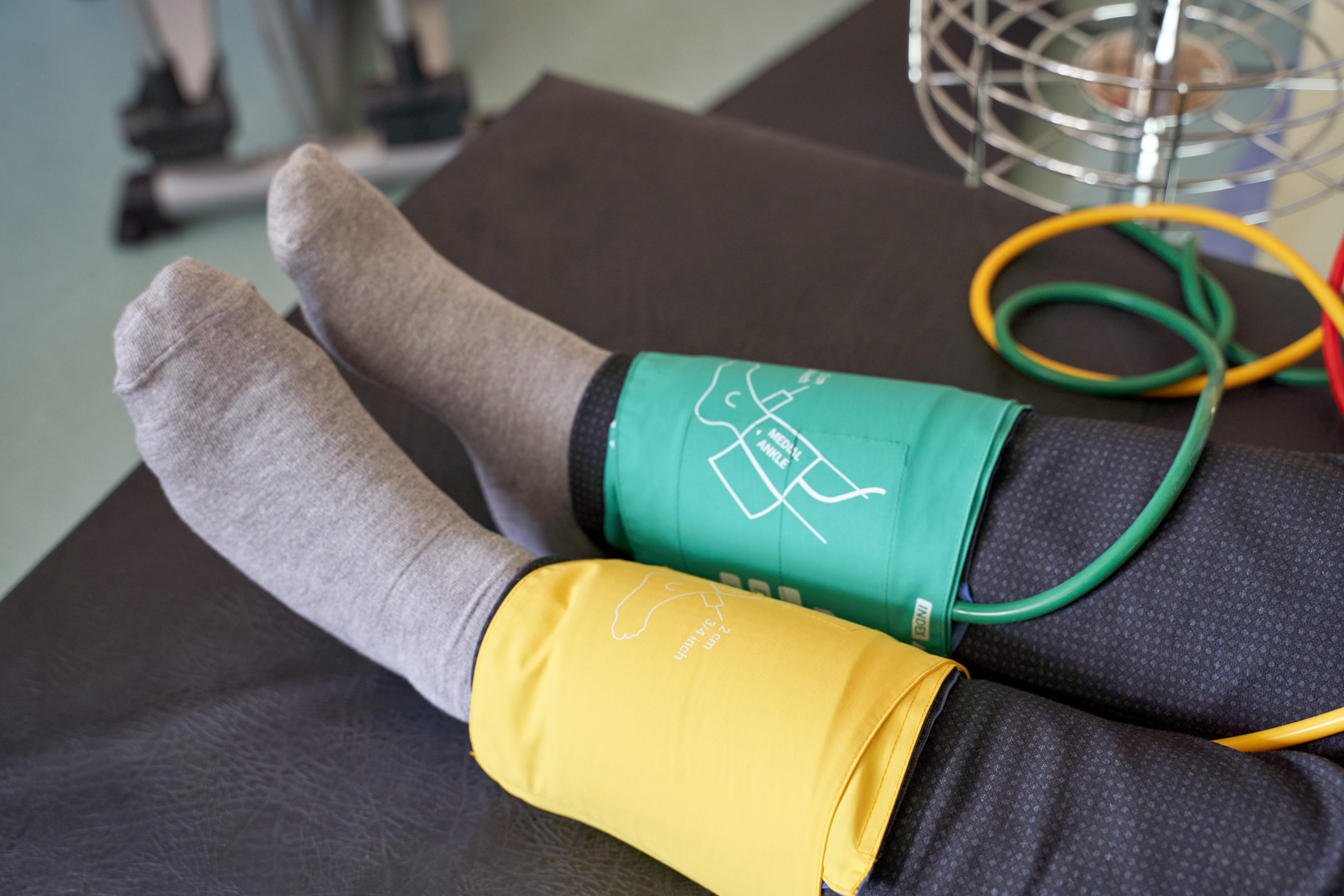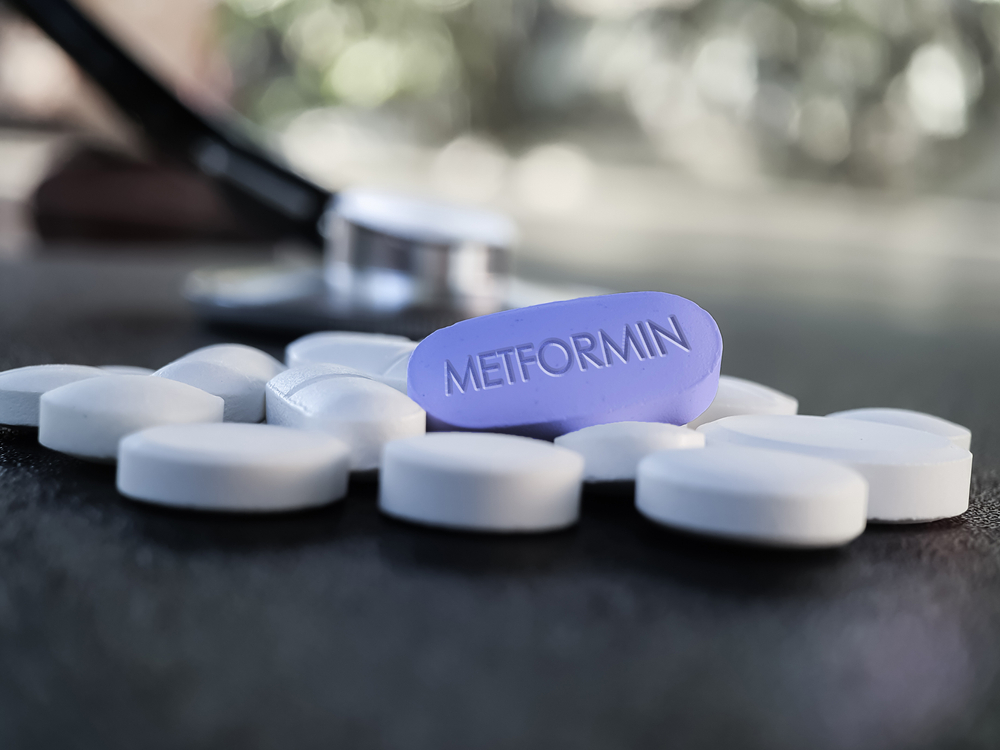
In the United States, approximately 15% of adults have chronic kidney disease (CKD); of patients with non-dialysis dependent CKD stage 4 and 5, more than 30% have metabolic acidosis. Guidelines from Kidney Disease Improving Global Outcomes recommend maintaining total blood CO2 >22 mEq/L. Results from a recent study suggested that only 2.7% of patients with total CO2 <22 mEq/L were receiving oral alkali.
In a presentation at the NKF Spring Clinical Meetings, Vandana Mathur, MD, FASN, described the ongoing ULTIMA-CKD study. The presentation was titled Understanding the Long-Term Impact of Metabolic Acidosis in CKD: Design of the ULTIMA-CKD Patient Registry.
ULTIMA-CKD is a prospective, observational, longitudinal cohort study; study participants are patients with metabolic acidosis, defined as two consecutive bicarbonate values <22 mEq/L, and non-dialysis dependent CKD, defined as two estimated glomerular filtration rate values <60 mL/min/1.73 m2. The study objectives include assessment of the clinical characteristics of that patient population and patient management over time; identification of the characteristics association with improved/adverse outcomes; and assistance to nephrologists in identifying trends in their practices.
The cohort of patients who have provided informed consent and are being seen regularly in one of approximately 100 nephrology practices in the United States will be followed for up to 6 years. Medical records from regularly scheduled clinic visits will be extracted, de-identified, and entered into the registry database. The data of interest will largely be those typically collected from visits to nephrology clinics: medical history, medications, blood pressure, and laboratory measurements. Outcome events will also be collected, including initiation of dialysis, hospitalizations, and urgent visits to the clinic.
The study will not involve specifically required visits or procedures.
“The ULTIMA-CKD Registry is a large, ongoing, prospective study designed to understand the natural history of patients with CKD and metabolic acidosis,” the study team said.
Source: Mathur V, Parsell D, Li E, Sullivan D, Klaerner G. Understanding the long-term impact of metabolic acidosis in CKD: Design of the ULTIMA-CKD patient registry. Abstract of a presentation at the National Kidney Foundation 2020 Spring Clinical Meetings; abstract #291.







 © 2025 Mashup Media, LLC, a Formedics Property. All Rights Reserved.
© 2025 Mashup Media, LLC, a Formedics Property. All Rights Reserved.